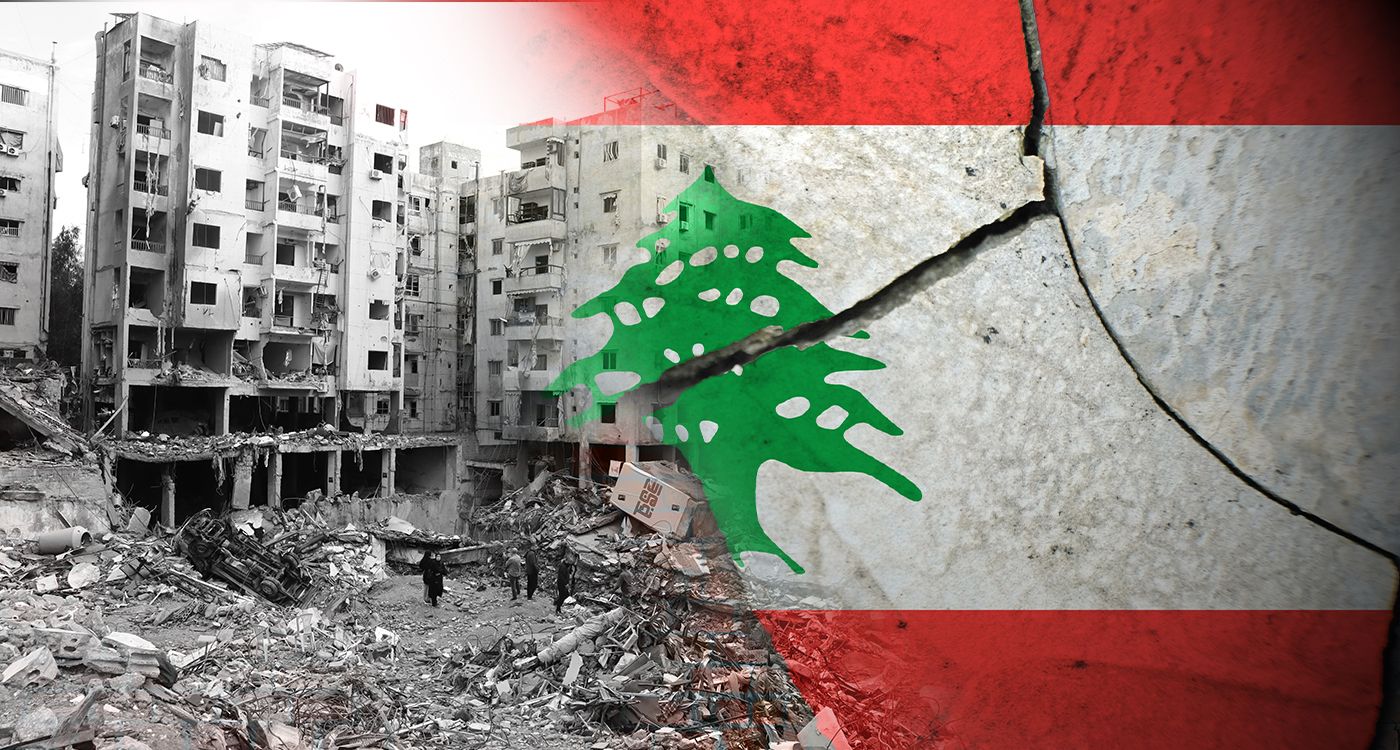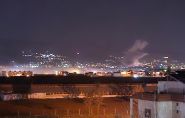
The brief statement by the new Prime Minister on the day of his appointment raises questions. While it is unthinkable for the South to remain neglected, using the “we” pronoun may prompt further scrutiny.
Who exactly does “we” refer to? The utterly bankrupt state? Surely not—it doesn’t have the means. The savings of depositors? Unthinkable, unfair, unfeasible and predictably unpopular. The Central Bank’s gold reserves? Those are the people’s safety net. Tax hikes? It wouldn’t sit well with those who are already paying their taxes. So, who then?
Iran, with its legendary generosity in funding destruction but remarkable discretion when it comes to rebuilding, has, as with its victories, made countless promises—and, as always, failed to deliver. Therefore, from that front, nothing good can be expected.
Under these circumstances, how can reconstruction proceed without the support of the international community? The next step will inevitably involve seeking financial aid once again. Gulf countries and Western nations may be willing to contribute—but only under two key conditions: transparency in the distribution of aid and full implementation of UN resolutions.
While the first condition could be addressed through an international monitoring mechanism, the second is far more problematic. Hezbollah’s continued stalling and its self-serving interpretation of Resolution 1701 remain major obstacles. Its insistence on keeping its arsenal north of the Litani River, combined with the constant risk of future conflicts, does little to reassure potential donors.
To make matters worse, rumors suggest that in the event of an incomplete Israeli withdrawal, a so-called “resistance by the residents of southern villages” could mysteriously emerge. Officially, it would deny any links to Hezbollah, but it would be all too obvious. Such a scenario could trigger a new cycle of instability, jeopardizing any prospects for reconstruction.
It’s worth noting that the tone was set right from the consultations on Monday in Baabda. Not used to being shut out of key positions of power, Hezbollah’s MPs, after their meeting with the president, didn’t hide their frustration. “We’ll let them govern and see how they plan to rebuild the South and liberate the country.” Few commentators picked up on the absurdity of this statement. If we understand correctly, they were the ones behind the string of poor decisions and analyses that led to the destruction—but now, it’s up to others to pick up the pieces. They started a war without consulting a powerless government, but today, they want accountability! Usually, when a militia single-handedly drags a country into hell, it should be up to them to face the consequences. But in Lebanon, it’s the other way around.
Worse still, throughout history, when one country invades another, a legitimate resistance emerges. In Lebanon, it’s the opposite. The actions of a so-called “resistance” have led to an invasion. Yet somehow, it’s up to others to figure out how to make the Israelis leave. Remarkable and unprecedented. Still, the rise of an honest and determined man to power offers great hope, as does the keen awareness of the Lebanese.
As Abraham Lincoln once said, “You can fool all the people some of the time, and some of the people all the time, but you cannot fool all the people all the time.” A word to the wise!




Comments